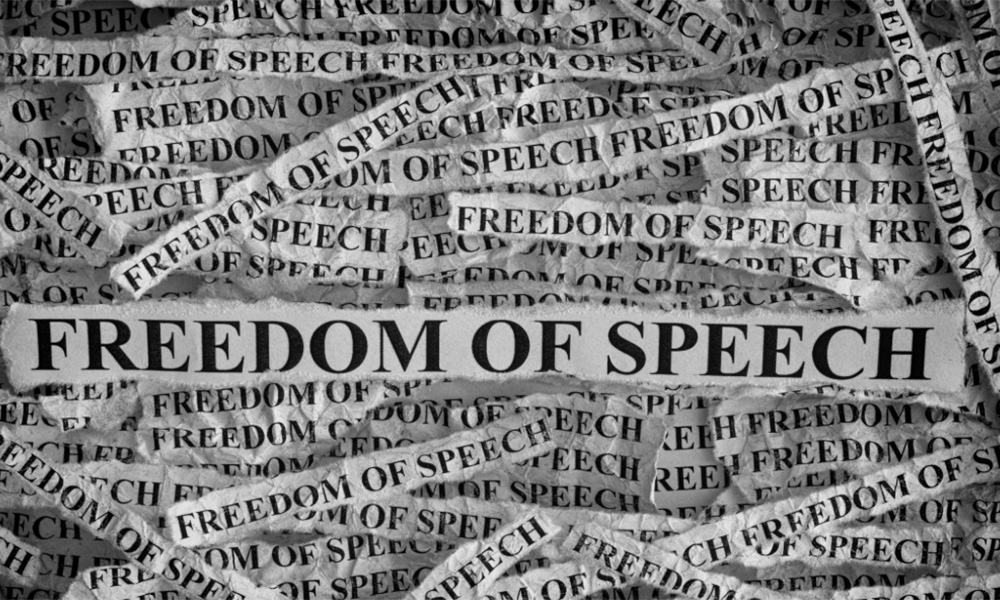A new study by the University of Costa Rica offers fresh insights into how Costa Ricans perceive freedom of expression and their trust in national media.
The First Survey on Freedom of Expression and Trust in the Media was conducted in collaboration with the Freedom of Expression Program (PROLEDI) and the Center for Research in Political Studies (CIEP).
The survey polled 1,000 Costa Ricans, all over 18 with cell phone access, offering a perspective that predominantly reflects the cell-phone-using demographic of the country.
One of the stark findings was that a significant 53% of respondents believe there exists a degree of censorship or restrictions on freedom of expression.
Nearly half, at 48.46%, have reservations about expressing their opinions online due to potential repercussions in their personal and professional lives. This sentiment highlights a concerning trend, suggesting that many Costa Ricans do not feel the digital space is safe for candid expression.
Another notable point is the skepticism toward media ownership. 83% of those surveyed see the concentration of media ownership as problematic for free speech. Additionally, there’s a strong call for diversifying media outlets, with 83% advocating for an increase in local and regional media presence.
In addition, Approximately 48.26% of participants think it’s perilous working as a journalist in the country. Concurrently, 63% recall recent instances where media personnel or outlets were targeted or attacked.
However, public universities emerged as beacons of trust in this survey. A 63.3% of respondents displayed high trust in public universities as sources of national information. This figure overtakes trust in institutions such as churches, which stood at 36.8%, and even the President, at 34.8%.
While there’s a tangible trust in the rigor of national journalism, with 61% expressing confidence, the broader media landscape receives mixed reviews. A contrasting 67.41% distrust media as a whole, while 73% feel that media houses predominantly serve their proprietors’ interests.
The study also shed light on media consumption habits. Entertainment emerged as the leading content type, followed by events and sports. In the age of digital consumption, television remains an enduring favorite, with 51.8% of Costa Ricans routinely tuning into national TV news broadcasts for updates on national happenings.
Concluding the revelations, the survey found that almost 45.86% of the participants had recently chosen to actively avoid the news.






